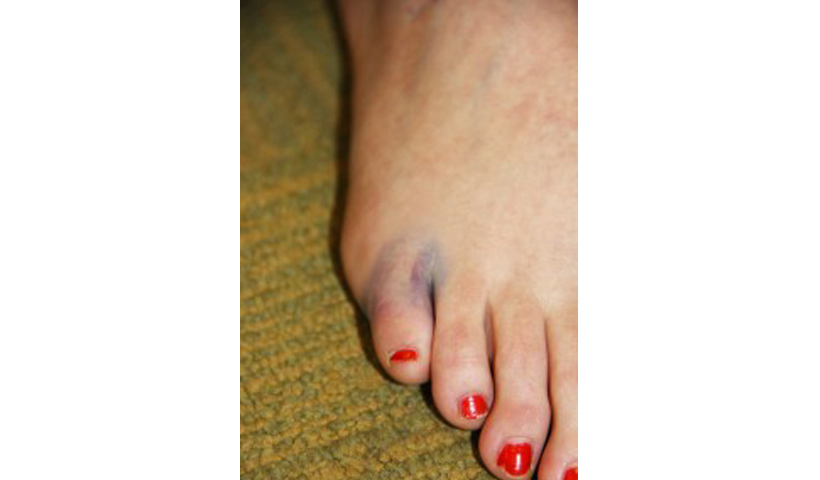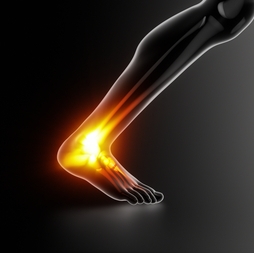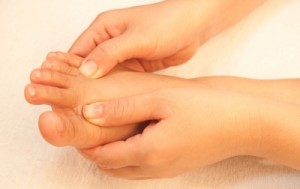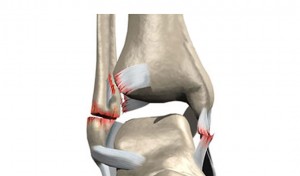Tendons play an important role in movement. They are the connective tissues that attach your muscles and bones together. Without them, your muscles would have no way of moving your skeleton. These tendons are tough and flexible, but they can become aggravated and inflamed, leaving you with painful tendonitis or tenosynovitis.
Inflaming the Connective Tissue
Tendon tissue is fibrous, thick, and strong. It stretches within a certain range when it’s under pressure, allowing it to help you absorb shock and push-off the ground when you take a step. Pressure and overuse of affected tendon can lead to problems like tendonitis and tenosynovitis.
Tendonitis is irritation and inflammation of the tendon itself. Often the tissue thickens and swells. You end up with pain whenever you try to use the affected tendon. Typically this is a sports injury the tendon is overstretched, though other problems can contribute to it. Rubbing against a bony spur or a sudden strain may lead to the problem as well. For example, the Achilles tendon is the most commonly affected tendon, but any of the tendons can develop the problem.
Tenosynovitis is similar, but rather than inflammation in the tendon itself, it is a problem with the protective sheath around the tendon. The sheath lining produces a fluid that lubricates the tissue so it stretches smoothly when you move your foot. An injury to the tendon or surrounding muscle or bone may damage the sheath so it isn’t able to make enough—or any—of the fluid. The insufficiently lubricated tendon swells and becomes irritated as it is used.
Restoring Pain-Free Movement
Whether your problem is tendonitis or tenosynovitis, a painful tendon makes movement difficult, no matter what part of the foot is affected. These conditions are progressive, too; they do not get better on their own, and often may get worse instead. The skilled doctors at Country Foot Care will carefully examine the affected area. Our staff will use a variety of diagnostic modalities, including diagnostic ultrasound, to quickly diagnose and treat the problem.
For both conditions, rest and reducing inflammation are essential to eliminating pain and regaining function in the affected tendon. You may need to take a break from many activities, particularly any with hard impacts. Depending on the severity of your condition, you may need to immobilize your foot in a brace to prevent movement that will aggravate your condition. Icing the painful area regularly to help decrease the inflammation, which may also help alleviate your discomfort. Physical therapy exercises to stretch tightened tendons and strengthen supporting tissues may help as well. If your pain is particularly stubborn, we may recommend anti-inflammatory medications. Ultrasound therapy may be an alternative to speed your recovery. Any underlying biomechanical issues that may have contributed to the tendon pain will also need to be addressed with custom orthotics.
Tendonitis and tenosynovitis weaken your feet which may leave them in pain. Let Country Foot Care help you keep your feet strong and pain free. To request an appointment online you can simply click on the MAKE AN APPOINTMENT button at the top of this page. To make an appointment by phone simply call our offices and our friendly staff will be happy to assist you.




